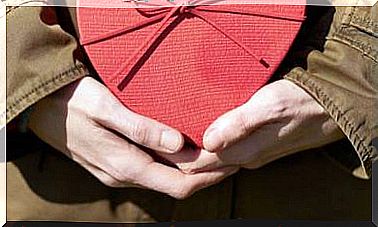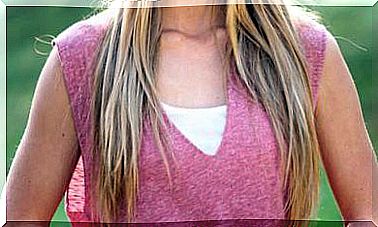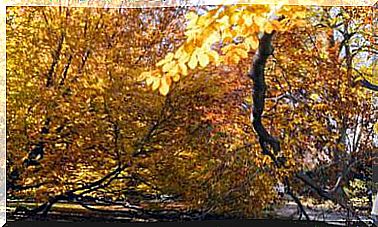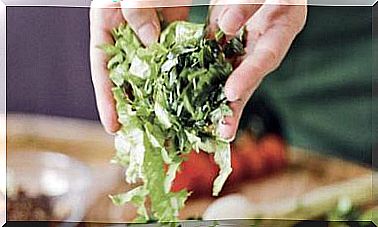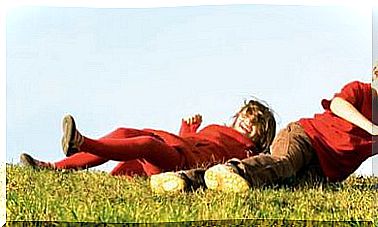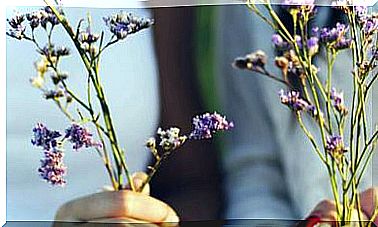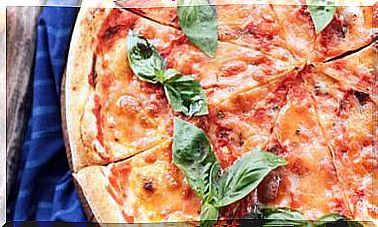10 Things You Can Do With Natural Solid Soap
Hard soap has been falling into oblivion with the passage of time and the new products that have been replacing it. However, it is a good idea to rescue it and use it on a day-to-day basis. We explain some of its uses.
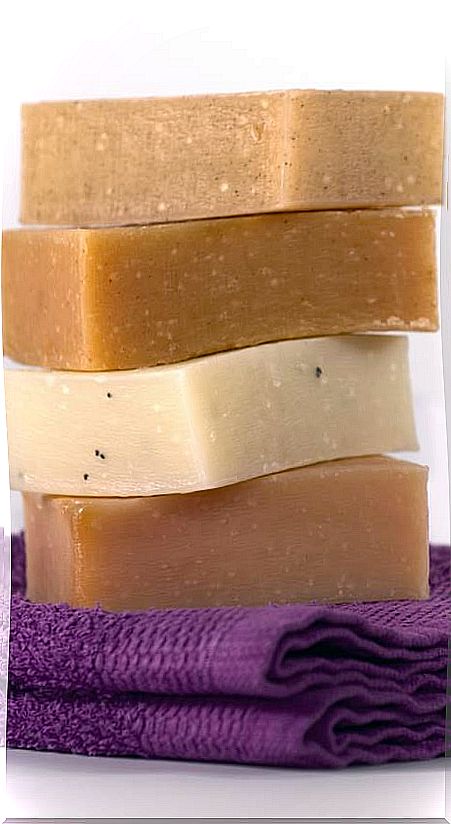
Hard handcrafted soap was often used in the past, but has been gradually abandoned due to the cleanliness and convenience of liquid and scented soaps. However, liquid soap is not the most sustainable, because it incorporates water that weighs and occupies, so that transportation costs (and CO2 emissions) are multiplied several times. We propose a return to solid soap as part of a more conscious and sustainable lifestyle. Simple measures like this change the world. In addition, solid soap has a multitude of applications, as you will see.
What is solid or hard soap?
Traditional solid soap should not be compared to conventional soap. The differences start with simple and natural production (you can find a recipe to do it yourself here). By omitting chemicals and petroleum derivatives, solid soap is especially suitable for allergy sufferers, as the risk of intolerance is kept very low . This type of soap has a white to brown color, a fatty acid content of 72 to 75% and a pH value of 8.5 to 9.5.
Solid soap has many advantages over other soaps and cleaning agents that are made from petroleum-derived raw materials. You can use it for these everyday problems:
- To wash your hands
- Against pimples, acne and oily hair
- Against leg cramps
- For the control of pests (aphids or moths) on plants
- To do foot baths
- In the home, it can be used against stubborn stains, as a surface cleaner, as a dishwasher and as a detergent
- Helps in skin care with psoriasis
Also, natural soap is very cheap and has a shelf life of at least 12 months. High-quality soaps also protect the environment if they do not contain fragrances or colorants, borates, phosphates, optical brighteners, or similar additives. The few natural ingredients in solid soap ensure that the product breaks down quickly in nature.
What to watch out for when buying solid soap
There are a few things to consider when purchasing solid soap. These soaps often differ in the way they are made and their ingredients, which means that each product may have different properties.
Almost all solid soaps are made from palm oil or traditionally from animal fats. But there are also soaps that are made exclusively with olive oil (such as Castile soap).
You must decide if the soap should be hydrating or highly active to wash. Oily soaps are much milder. They dry the skin less and are therefore especially suitable for body care. However, if you want to work with solid soap at home, you need to make sure that the natural soap is not too greasy.
8 uses for solid soap
1. Body cleansing
The tried and tested method of washing your body and hands with solid soap is back. Shower gels are much less profitable and are often filled with petroleum-derived compounds such as polyethylene glycols (PEGs), which increase the permeability of the skin to potentially harmful compounds also found in soap, such as perfumes or soap. preservatives.
Solid soap is very effective for hygiene and is especially suitable for people with oily skin.
2. Clean the kitchen
Solid, homemade, natural soap is particularly effective in the kitchen. Stubborn stains are often difficult to remove without the use of chemical cleaning agents. With solid soap and water you can easily clean stainless steel surfaces thanks to the high fatty acid content.
3. Solid soap against aphids
Is your houseplant infested with aphids? No problem, harsh soap can also help you with this problem. To do this, clean the leaves of infected plants with a solution made of solid soap and water. To do this, you need about a tablespoon of grated hard soap, which you must dissolve in a liter of warm water. Spray the plant generously over the affected areas and let it act overnight. The next day you can clean the leaves with water.
4. Solid soap for oily hair
Natural soap removes oil from hair. However, this effect requires the use of soft water. If the water is hard, that is, it has a high proportion of lime, this is deposited as a white veil on the hair. If you have dry or brittle hair, but still want to use harsh soap as a substitute for shampoo, you should treat your hair with an additional care product with the right oils.
5. Hard soap for acne
The degreasing effect of harsh soap is ideal for fighting acne. Here, the soap unfolds a deep cleansing effect and removes the breeding ground for blackheads. See how your skin reacts to soap, because it could dry out your skin.
6. Hard soap for foot care
Do you suffer from inflammation of the nail bed or calluses? A foot bath with harsh soap can help. Simply put some soap in a large basin, add hot water, and keep your feet in for a few minutes. The bath is also suitable for the hands if you have a nailed splinter or an inflamed nail bed.
7. Hard soap for stubborn stains
Stubborn stains caused by cherries, grass and the like can be pre-treated with solid natural soap. Unlike expensive chemical stain removers, harsh soap gently cleanses soiled garments. The surfaces and weave of textiles are not damaged. Dampen the stain with a little water, then rub it in with harsh soap. Let the soap act briefly and then machine wash the garment as usual.
8. Hard soap as a washing machine detergent
We can use hard soap as an excellent alternative to powder or liquid detergents for the washing machine. Simply grate the soap into the detergent compartment and select your regular wash cycle.

